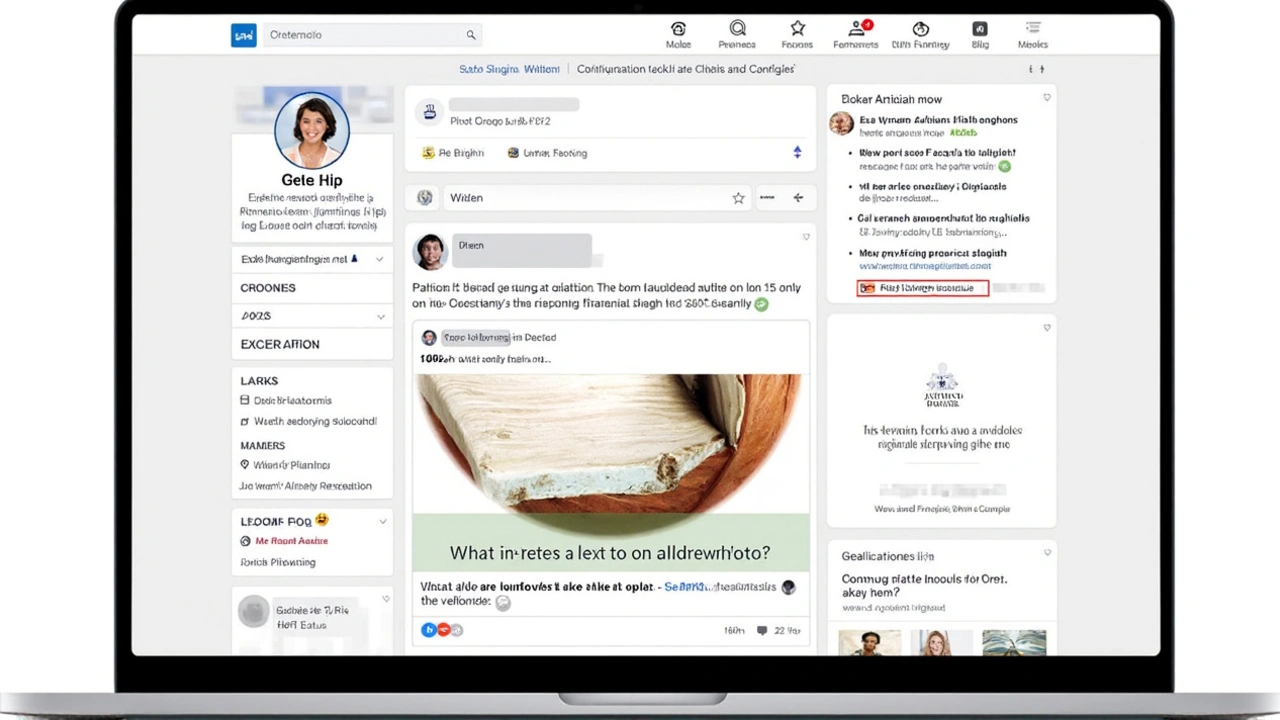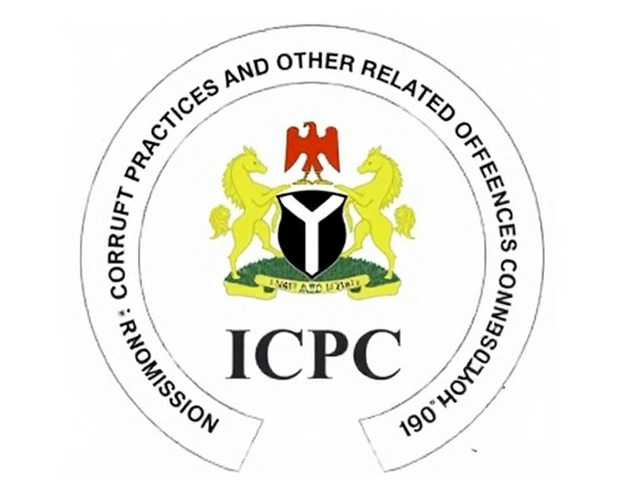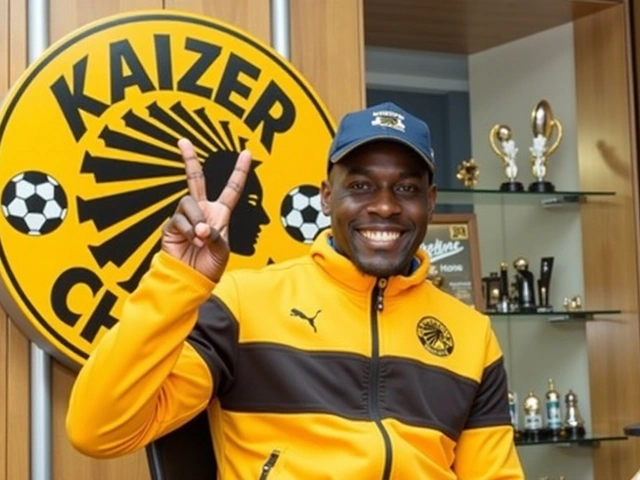
What is Citizen Journalism?
Scroll through your social media timeline and chances are, you'll see videos, posts, or photos from people who were there before the news media even arrived. That's citizen journalism in action. It’s news reporting by regular people, not trained reporters, using digital tools like smartphones, social platforms, and blogs. These individuals report what they see, hear, or experience, often in real time. Unlike traditional journalism that flows through major newsrooms, citizen journalism blooms on Facebook feeds, YouTube channels, and independent websites.
It’s all about removing the gatekeeper. Anyone can share what’s happening around them—no press badge required. Citizens on the ground can catch stories that traditional outlets either miss or are slow to report. If you recall the first video of a protest or on-the-spot updates during a natural disaster, there’s a solid chance those were shared by people just like you, not professional journalists.
There are several flavors of this kind of reporting:
- Audience Participation: Everyday folks leave comments, tips, or even their own news photos on media sites, directly engaging with headlines and stories.
- Independent News Platforms: Individuals or collectives run their own digital news sites to publish unfiltered, original reporting.
- Participatory News Sites: These are collaborations where both citizens and professionals publish side by side, kind of like an open newsroom.
- Collaborative Reporting: Communities pool information, often compiling ongoing reports from many contributors who are living the story.
- Thin Media: Here, the goal isn’t deep analysis, just fast, direct sharing—think tweets, Instagram stories, or quick posts right after something happens.
- Personal Broadcasting: People narrate their experiences or show what's happening in their neighborhood, sometimes reaching thousands or even millions.
Big Moments and Ongoing Debates
Citizen journalism isn’t just theoretical; it’s shaped global headlines. During the Haiti earthquake in 2010, desperate pleas, rescue details, and urgent updates shot across Twitter long before TV cameras arrived. The Arab Spring saw street-level videos and live commentaries fueling protests and informing the world. In Ferguson, Missouri in 2014, real-time updates and eyewitness videos captured moments that shaped the Black Lives Matter movement and demanded international attention. These weren’t stories shaped by major correspondents—they were written, filmed, and uploaded by the people living through them.
Of course, the rise of citizen journalism brings its own complications. Without the training or vetting protocols of a newsroom, anyone can post anything. This means the lines between facts, opinions, and even rumors can blur. Critics warn of the dangers: misleading headlines, doctored footage, rushed stories spread without proper checks. Quality swings wildly. One moment it's an eyewitness account with life-and-death stakes, the next it's shaky footage that leaves out important details.
Yet, there's no denying its impact. Citizen journalism puts a spotlight on places and stories often ignored or missed by big outlets. It gives a platform to those outside the circles of power—or even entire communities that have traditionally been left out. It keeps institutions on their toes and gives everyone with a smartphone a chance to be heard.
9 Comments
Write a comment
More Articles

Chelsea vs Brighton Prediction: Who Will Prevail at Stamford Bridge?
Chelsea host Brighton on September 27, 2025, in a Premier League clash that could swing either way. Both sides are battling defensive frailties, while the Blues hope a rested squad will restore form. Brighton's recent giant‑killing record adds intrigue. Experts lean toward a narrow Chelsea win, but the match promises goals. Key injuries and tactical styles will likely decide the outcome.

ICPC Probe Reveals Missing ₦71.2 Billion in Nigeria Student Loan Disbursements
The ICPC is investigating missing funds from the Nigeria Education Loan Fund, with only ₦28.8 billion out of ₦100 billion reaching students. Over 50 tertiary institutions face scrutiny for unauthorized deductions, while protests and deeper probes into top government agencies intensify.

Kaizer Chiefs Enhance Team Dynamics with Cedric Kaze as New Assistant Coach
Kaizer Chiefs has brought on Cedric Kaze as the new assistant coach to strengthen their technical team following Fernando da Cruz's exit. Kaze, a Burundian, has a proven track record with the team's head coach, Nasreddine Nabi, from their tenure at Young African in the Tanzanian Premier League. This appointment is poised to streamline coaching duties and improve communication within the club, potentially benefiting the team's performance and efficiency.
Sagar Monde
June 13, 2025 AT 18:55Yo i saw my neighbor post about citizen news on insta lol